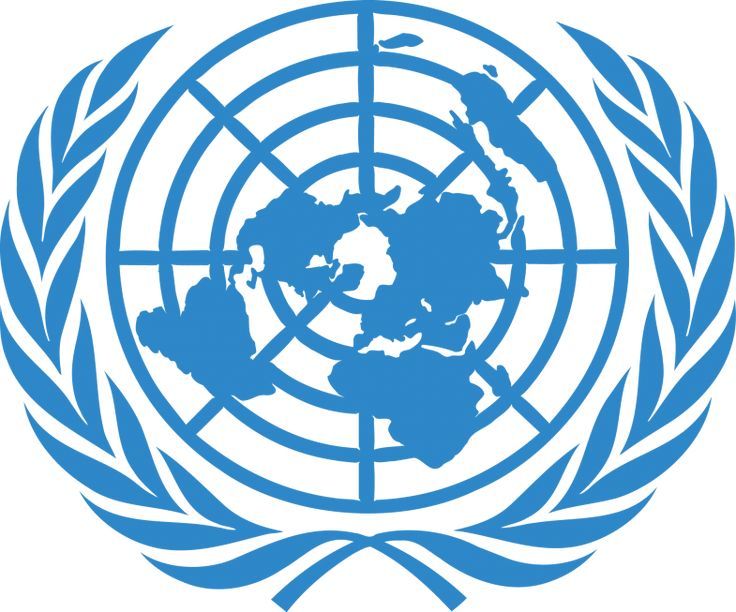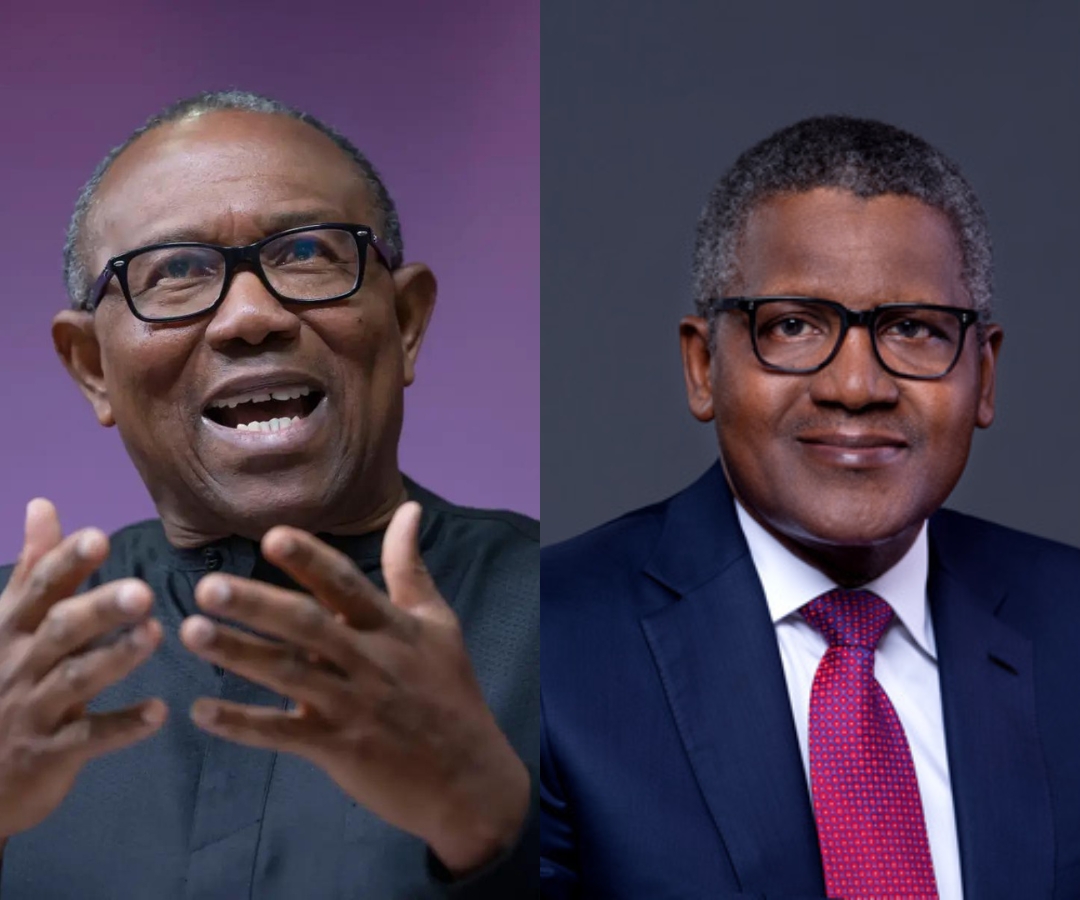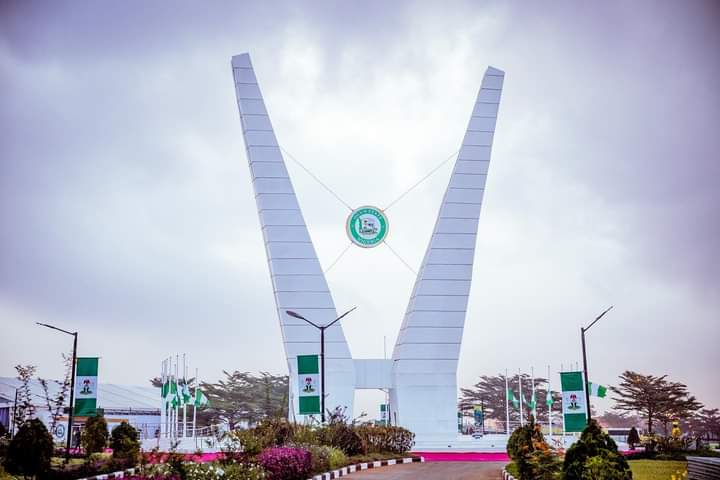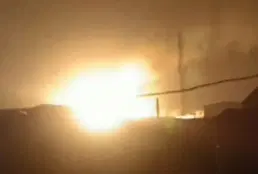By Evans Ufeli Esq.
At eighty, the United Nations is less an ivory tower than a weathered lighthouse: scarred by storms, its light sometimes dimmed, yet still the nearest beacon for a world that remains perilously in need of common purpose. Born in the ashes of global war, the UN has stitched together much of the architecture that makes our modern international order possible. Its record is a mosaic of luminous achievements and painful omissions -and its next act will depend on whether member states summon the courage to reform, invest and cooperate with renewed urgency. Nigeria, with its demographic weight, diplomatic heft and moral claim as an African voice, has an important part to play in that renewal.
The UN’s accomplishments are deep and durable. It helped end formal colonial rule and usher many nations into sovereign life. It codified the ideals that bind liberal internationalism -most notably the Universal Declaration of Human Rights and built durable institutions of humanitarian relief, development and public health: UNICEF, UNHCR, WFP, WHO and others that have saved millions of lives. The peacekeeping blue helmet, imperfect yet indispensable, has extinguished many local conflagrations and provided breathing space for political solutions. The Millennium Development Goals and their successor, the Sustainable Development Goals, have galvanized global planning and financing; the UN Framework Convention on Climate Change and the Paris Agreement hold the world’s only multilateral climate compact. On law and norms, the ICJ, treaties and specialised agencies have provided platforms for dispute settlement, cooperation and technical progress.
Yet the UN’s record is also marked by failures that have left deep moral stains. It failed to prevent genocides in Rwanda and Srebrenica; it has struggled to halt mass atrocities when great-power rivalry paralyzes the Security Council. Peacekeeping missions have sometimes become havens of impunity, marred by sexual abuse and mismanagement. The Organisation’s machinery is still shaped by a post World War II map: seats and vetoes that entrench inequality and frustrate the representation of Africa, Latin America and rising Asian democracies. Bureaucratic inertia, chronic funding shortfalls and dependency on voluntary contributions have weakened its capacity for robust, timely action. In the climate and development arenas, commitments have often outpaced implementation, leaving poor countries shouldering disproportionate burdens.
The UN faces a concatenation of contemporary perils. Geopolitical contestation exemplified in the paralysis of the Security Council on crises where powerful states’ interests clash and erodes the Organisation’s authority. Climate change, pandemics, mass migration, digital disinformation and the disruptive power of new technologies demand rapid collective responses for which the UN is still only partly equipped. Fiscal fragility and the erosion of multilateral politics will threaten the continuity of essential programmes. Meanwhile, the legitimacy crisis fueled by perceptions of elitism, inefficiency and unaddressed misconduct undermines public faith.
The remedy is not the abolition of the UN but its steady reinvention. Priority reforms include credible Security Council reform -expanding membership (especially African representation), rethinking the veto’s scope and instituting mechanisms to prevent paralysis on atrocity prevention. Financing must be modernised: predictable assessed contributions, new global financing instruments (financial transaction levies, aviation levies or solidarity bonds) and greater private‑public partnerships can restore capacity without hollowing independence. Peacekeeping must be reoriented toward prevention, rapid deployment, robust mandates and accountability structures that root out abuse. Strengthening specialised agencies like WHO, UNHCR, UNEP with mandate clarity and resources is essential for pandemics, displacement and ecological collapse. The UN should also lead on global governance of AI, digital platforms and cyber norms while deepening partnerships with civil society, cities, indigenous peoples and the private sector to broaden legitimacy and innovation. Above all, prevention must come before cure: conflict prevention, early-warning diplomacy and investments in resilience will save lives and money.
Nigeria’s destiny is tied to the fate of multilateralism. As Africa’s most populous country and one of its leading economies, Nigeria has long been a fulcrum of continental diplomacy - a champion of decolonisation, a founding voice in regional solidarity, and a major contributor to peacekeeping and mediation in West Africa. Nigerians occupy influential positions within the UN system; the country’s diplomats and technocrats can and do shape agendas on development, climate and human security. Homegrown problems- internal conflict, humanitarian hotspots, economic inequality and governance deficits — both press Nigeria to seek multilateral support and obligate it to lead by example.
Nigeria can help remake the UN by championing African priorities: pressing for Security Council reform that finally seats Africa permanently and restricts vetoes in cases of mass atrocity; advocating for equitable climate finance and debt relief; deepening cooperation between ECOWAS, the African Union and the UN on prevention and peacebuilding; and contributing meaningfully to the UN’s operational budgets and peace operations. Domestically, by accelerating SDG implementation, strengthening human rights protections, investing in public institutions and leading regional cooperation on security and migration, Nigeria can translate its diplomatic clout into moral authority. Nigerian civil society, media and youth movements should be enlisted as partners in projecting Africa’s perspectives into global policymaking and holding the state to account.
Read Also;
Barr. Evans Ufeli and Etua Community Demands Urgent Action: Centuries of Neglect Must End
The UN at eighty is neither saint nor scapegoat; it is a human institution reflecting our highest aspirations and our deepest contradictions. To consign it to nostalgia is to forgo the only global forum with the legitimacy to coordinate responses to planetary problems. To demand reform without wrecking its capacity is a political art that requires courage, compromise and imagination. Nigeria, standing at the confluence of Africa’s promise and pain, can be both an advocate for change in New York’s corridors and a living laboratory at home for the solidarities and systems the twenty‑first century will require. If the UN can be coaxed into renewed relevance, it will be because nations like Nigeria reclaim multilateralism not as a weight but as a way forward -a shared investment in the common good, rendered in the patient language of diplomacy and the stubborn work of justice.
I shall go to Rabbi again.




